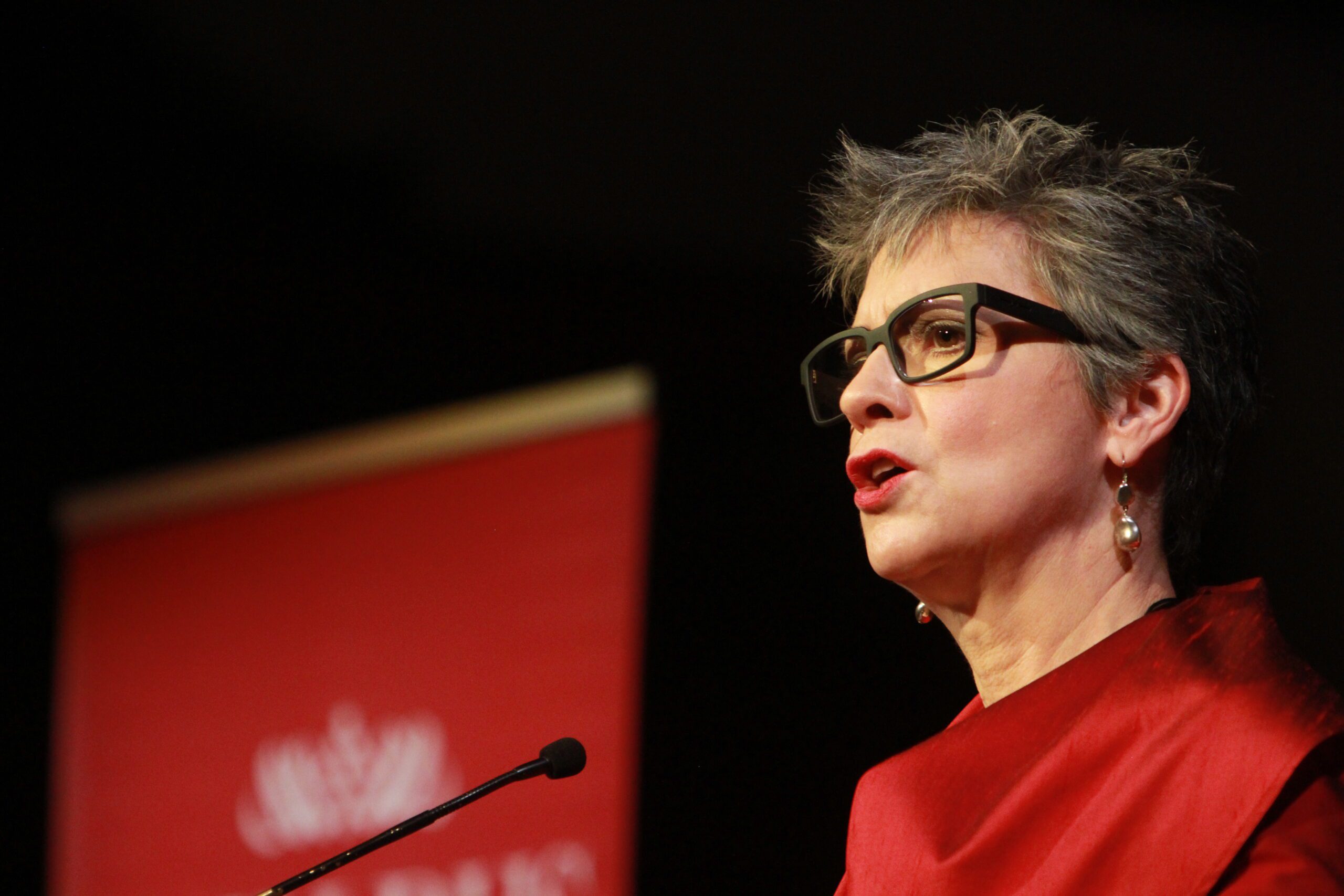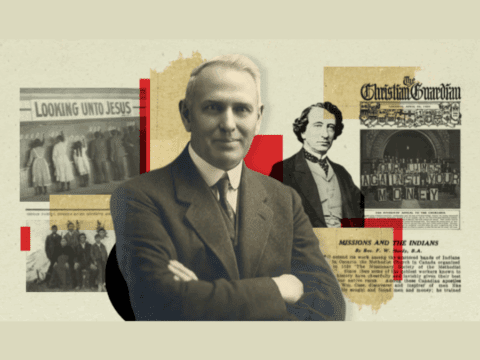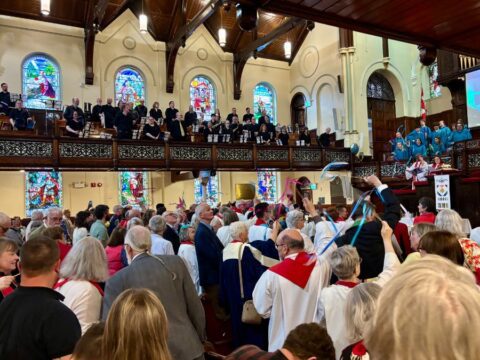I had thought the Toronto-Conference-versus-Gretta-Vosper controversy would be a theological dispute, so I reflected long and hard on the meaning of “essential agreement.” Now I wonder if the terms of the settlement between the two parties were based more on labour law than theology, though we may never know given the condition of confidentiality.
When Toronto Conference decided in 2016 to make suitability for ordained ministry in the United Church dependent on continuing allegiance to Trinitarian doctrine, I thought: “They’ve shot themselves in the foot.”
I have actually advocated excising the doctrinal question from the ordination service. In a May 2017 Observer column, I tried to show the inadequacy of believing or mentally adhering to doctrine as an expression of what religious people do. I think that whatever shared agreement exists about doctrines has to be about their existential, transformative meaning – not just what they mean in a person’s head.
But two other, more central questions are also part of the ordination service. First, “Do you believe that God is calling you to ministry?” Second, “Are you willing to exercise your ministry in accordance with the scriptures, in continuity with the faith of the church, and subject to the oversight and discipline of the United Church of Canada?”
These questions turn the ordination service from an implicit doctrinal exam to an affirmation of personal calling and revelational authority. On the first question, it is very difficult to argue with a person’s inner conviction of a call. We have to take their word for it.
On the second question, however, I believe we come to the core of the Vosper issue. An exploration of the scriptures is an essential commitment in the exercise of ministry. The matter of Vosper’s atheism is not the critical issue, instead, it’s her approach to the Bible.
In her response to Toronto Conference, she stated that “most scripture is obscure at best, most often irrelevant, and at its worst, dangerously prone to misguide those studying it.” For her, these are reasons to disavow the Bible in preference for other supposedly more benign texts, rather than undertaking the essential work of examining and interpreting the core texts of the Christian tradition more deeply and existentially.
A United Church minister commits to engage with and explore the community’s holy book in their search for an authentic way of viewing the world and living a moral life that fits that transformed vision. If a candidate is disinclined to do this, their fit with the United Church of Canada ministry is problematic.















I had a professor once who used to say RAA a lot. Reductio ad Absurdum.
For me, this issue is primarily – for both the individual and the church – basically that. Some care about the absurdity, and some don’t.
Sometimes the absurd offers a teachable moment – I think the jury is still out on this one.
Sir you say, “On the first question, it is very difficult to argue with a person’s inner conviction of a call. We have to take their word for it”
Are you ordained in the UCC? then you know that the community of faith tests and affirms the call and has the responsibility to confirm suitability for ordination. And while the community wants to be generous with the individual, it has also the responsibility to discern the nature of the individual’s call for the good of the body of Christ (not “my” church but Christ’s church). If the would-be minister thinks it’s about their own spirituality and their own faith or lack of it, think again. They are not in the pulpit to tell their story of love but to proclaim the love of the revealed God. Ordained ministers don’t get to choose whose story to tell. We are ordained to tell Christ’s.